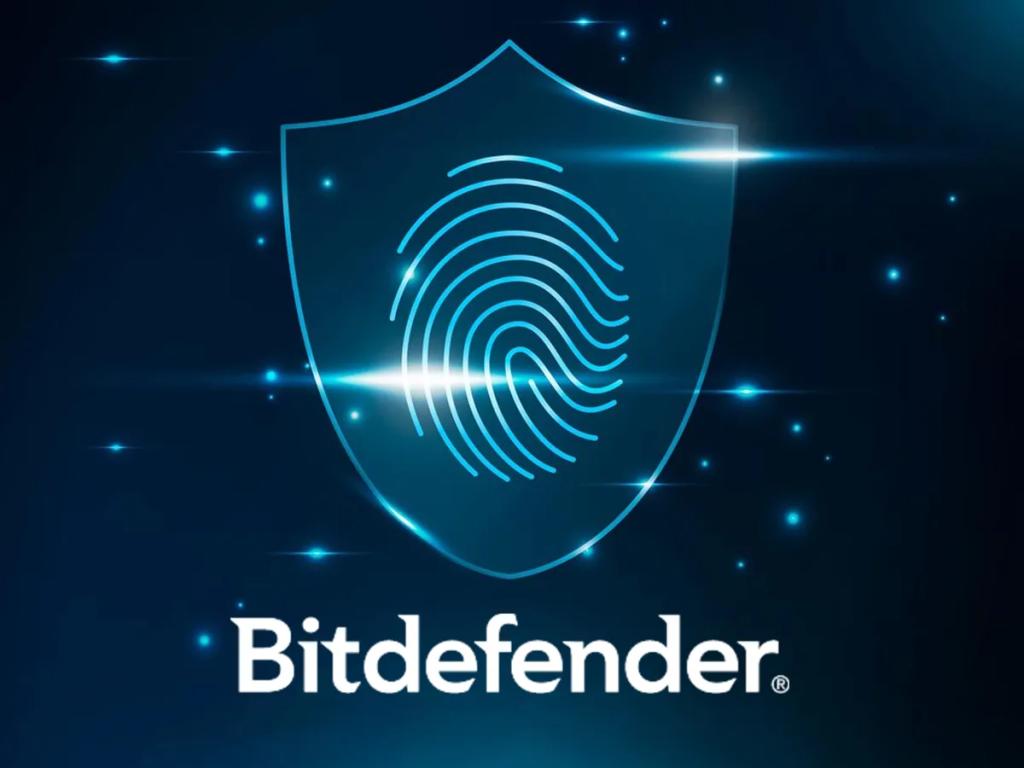In today’s fast-paced digital landscape, the issue of digital identity protection has taken center stage, especially as AI-generated scams proliferate. Research indicates that tech-savvy students are increasingly concerned about safeguarding their personal information online while navigating platforms that expose them to potential threats. With the widespread use of biometric verification, a significant segment of this demographic believes these innovative methods could enhance their online safety, making it clear that traditional passwords are no longer sufficient. Alarmingly, a sizable percentage of students report knowing someone who has fallen victim to online fraud, highlighting the urgent need for effective identity data protections. As educational institutions leverage technology to educate their students about deepfake recognition and identity data concerns, a significant shift toward more robust digital safeguards has become imperative.
As the digital world expands, safeguarding one’s virtual persona is becoming increasingly vital, particularly among the younger generation. This tech-adept demographic grapples with emerging threats such as AI-driven scams and fraudulent activities that compromise personal safety online. Therefore, enhancing online security through advanced authentication methods, including facial recognition and other biometric systems, is crucial. Awareness of deepfake technology and its implications on identity theft underscores a growing urgency to address these pressing issues. Colleges and universities have a pivotal role in facilitating a safer online environment through education and the implementation of robust protective measures against cyber threats.
Understanding Digital Identity Protection
Digital identity protection has become an essential consideration in today’s technology-driven environment, especially among students who are frequent users of online platforms. With the rise of AI-generated scams, understanding how to safeguard one’s online identity is crucial. Many universities are now incorporating digital identity protection into their curriculums, teaching students about safe online practices and the importance of safeguarding personal information.
Students are increasingly aware of identity data concerns, especially in a landscape where AI tools are readily accessible. They recognize that the digital footprint they leave behind can lead to significant implications, including fraud and identity theft. Educating students on how to navigate this landscape becomes imperative as they engage with digital platforms that require sensitive information.
Frequently Asked Questions
What are the primary concerns regarding digital identity protection for students during their online activities?
Students express significant concerns about digital identity protection, particularly related to AI-generated scams and the misuse of identity data. Research indicates that 24% of students are chiefly worried about organizations misusing or selling their personal information, highlighting the urgent need for effective identity verification methods.
How can biometric verification enhance digital identity protection for students?
Biometric verification significantly enhances digital identity protection by offering a more secure alternative to traditional passwords. Research shows that 38% of students prefer using biometric methods, as they reduce the risk of unauthorized access and fraud, making it a vital tool for securing online accounts against emerging threats.
What role do students believe government agencies play in preventing AI-powered fraud?
Students believe that government agencies should take a leading role in preventing AI-powered fraud, with 40% asserting that responsibility primarily lies with these entities. This perception underscores the importance of regulatory measures that enhance digital identity protection across various platforms.
How do students perceive the effectiveness of deepfake recognition in enhancing digital identity protection?
Students are becoming increasingly adept at recognizing deepfakes, with 62% expressing confidence in their ability to identify these manipulated images. This awareness is crucial for digital identity protection, as deepfake recognition helps mitigate the risks associated with AI-generated scams.
Why do students trust biometric identity verification over passwords for online security?
Students trust biometric identity verification over conventional passwords due to its higher security levels against fraud. The study indicates that 42% of students would trust their banks more if they employed biometric methods, suggesting a strong preference for more secure and innovative identity protection measures.
What impact do AI-generated scams have on student online safety and identity protection?
AI-generated scams severely impact student online safety, increasing the urgency for effective digital identity protection strategies. With 70% of students having encountered a deepfake recently, there’s a pressing need for educational institutions to prioritize awareness and protective measures against such threats.
How can colleges and universities improve digital identity protection for their students?
Colleges and universities can improve digital identity protection by implementing privacy-first identity intelligence and adopting advanced technologies like biometric verification. By addressing students’ identity data concerns and keeping pace with evolving digital threats, institutions can foster a secure online environment.
| Key Points |
|---|
| Increasing Concerns: With the rise of AI-generated scams, students are expressing rising concerns about digital identity protection. |
| Tech-Savvy Demographic: 70% of students use AI for image creation/modification, making them the most vulnerable to AI risks. |
| Awareness of Deepfakes: 62% of students can recognize a deepfake; 70% have encountered one recently. |
| Personal Connections: 41% of students know someone who has been a victim of fraud, indicating the personal nature of these risks. |
| Biometric Preferences: 38% prefer biometric verification over passwords, showing a trend towards enhanced security measures. |
| Trust in Banks: 42% of students would trust banks more if they used biometric verification, indicating a shift in expectations. |
| Shifting Responsibility: 40% believe that the onus of preventing fraud lies with government agencies. |
| Concerns about Data Misuse: 24% are worried about organizations misusing or selling their identity data. |
| Call for Ethical Practices: Enterprises need to adopt privacy-first technologies to maintain trust among students. |
Summary
Digital identity protection is becoming increasingly crucial as students navigate diverse digital platforms and face escalating AI-generated scams. The latest findings underscore the need for enhanced awareness and protective measures against identity fraud while highlighting students’ preference for biometric verification over traditional passwords. It is evident that fostering a secure online environment is not only a technological responsibility but also an essential factor for building trust, especially in financial institutions. As students advocate for ethical practices, businesses must adapt their strategies to prioritize data protection and digital identity security.




